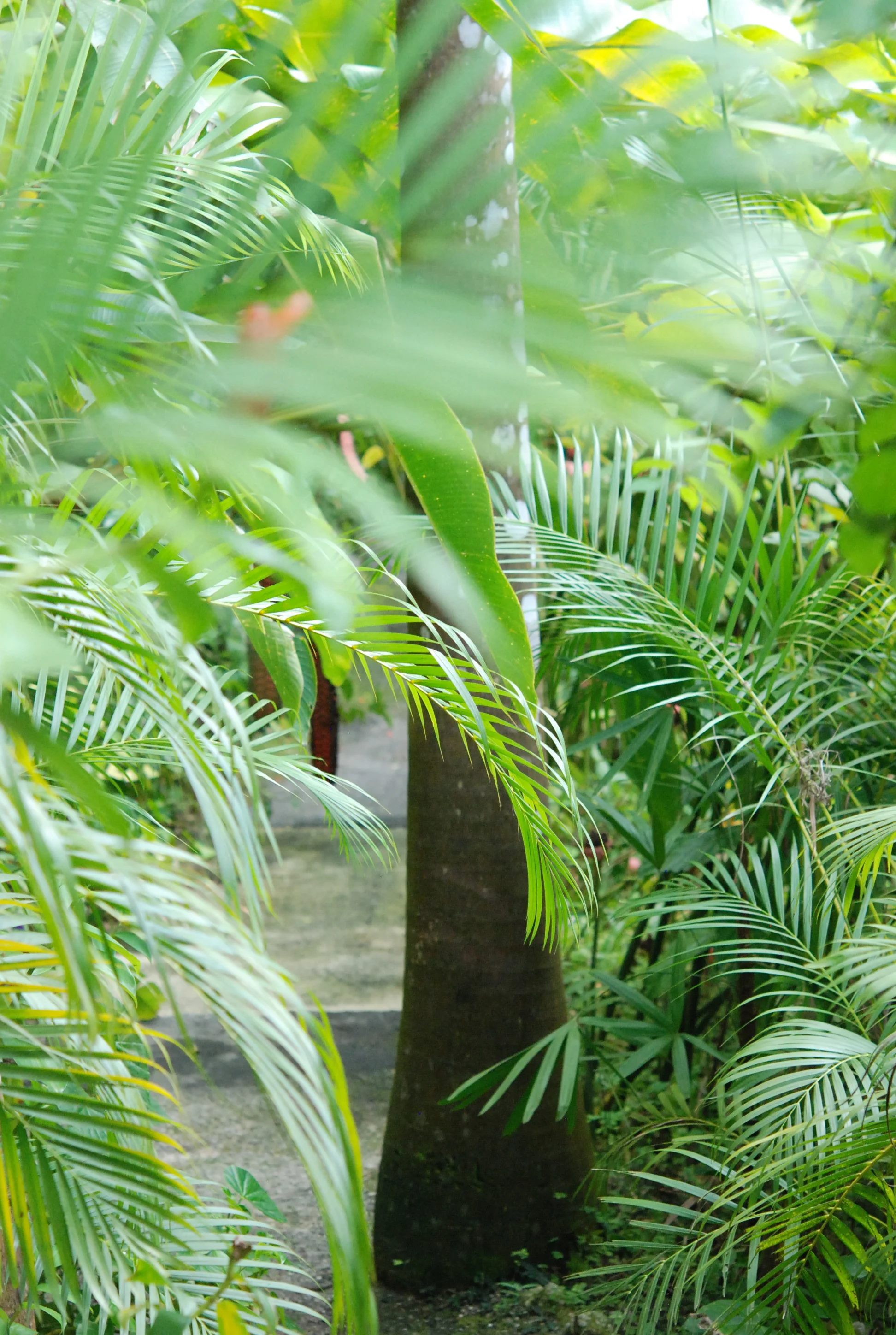Get Comfortable with Uncertainty
There is a Taoist story of an old farmer who had worked his crops for many years. One day his horse ran away. Upon hearing the news, his neighbours came to visit. “Such bad luck,” they said sympathetically.
“Maybe,” the farmer replied.
The next morning the horse returned, bringing with it three other wild horses. “How wonderful,” the neighbours exclaimed.
“Maybe,” replied the old man.
The following day, his son tried to ride one of the untamed horses, was thrown, and broke his leg. The neighbours again came to offer their sympathy for what they called his “misfortune.”
“Maybe,” answered the farmer.
The day after, military officials came to the village to draft young men into the army. Seeing that the son's leg was broken, they passed him by. The neighbours congratulated the farmer on how well things had turned out.
“Maybe,” said the farmer.
Our everyday lives are filled with a considerable amount of uncertainty – some of which pass us by without much consideration. Some things do however create a heightened level of fear, anxiety or apprehension, particularly when it comes to our health, our families or our job. For some, uncertainty leaves us feeling vulnerable or weak as we are unable to prepare (both mentally and physically) for every eventuality.
Even if we do manage to find strategies to deal with the uncertainty in our personal lives, we also have to deal with uncertainties affecting our nation or the rest of the world. We are made acutely aware of politics, ecological and global health issues, often with a level of uncertainty of how issues will be resolved, so we are left feeling fearful, anxious and vulnerable.
I’m not afraid to share with the group that I would sometimes imagine monsters in my room at night when I was a child (thank you Disney). There obviously weren’t monsters under my bed but that uncertainty allowed my young mind to conjure up all sorts of things and caused my body to go into, what I now know to be, a fight, flight or freeze response. This response is a normal physiological reaction to a real or perceived threat and can include an increase in heart rate or a reduction in digestive function. However, a chronic or overactive fight, flight or freeze response may have negative effects and lead to high blood pressure or a weakened immune system. What happens when we have a ‘threat’ and a high level of uncertainty affecting a nation or the entire world? That’s a lot of monsters under a lot of beds.
Our first chakra, Muladhara or root chakra, is located at the base of the spine. It relates to our sense of safety, security, grounding and self-preservation, and governs our immune system and fight, flight or freeze response. In her book, Anatomy of the Spirit, Caroline Myss refers to the root chakra as The Tribal Chakra and says:
Archetypally the word tribal connotes group identity, group force, group willpower, and group belief patterns. All of these meanings make up the energy content of our first chakra. The first chakra grounds us.
We are all connected through our Tribal chakra and national or global health issues are a reflection of the social issues affecting the tribe and the health of the tribe’s ‘immune system’. Negative tribal experiences may emphasise our fears around security and lack of grounding, leaving us with a weakened immune system and susceptible to immune-related diseases.
So how do we keep our heads when the world seems to be falling down around our us?
Where possible, reduce the amount of time you spend reading, watching or listening to the issue at hand. This is particularly true for social media channels, where it is easy to be swept into a sea of other people’s fears or anxieties. Read a book, listen to music, lose yourself in a movie. It’s not about ignoring the ‘issue’ but simply changing our focus.
The root chakra is associated with our sense of smell, which is the oldest sensory system in evolutionary terms. The olfactory nerves (nerves involved with our sense of smell) are located in primitive areas of the brain concerning mood and emotion. Use an oil burner or diffuser with essential oils that ground you or produce a sense of calm. Like choosing a perfume, this is a personal choice however, some commonly used essential oils for relaxation are lavender, chamomile, rose. Frankincense can have a grounding effect and orange is useful to support the nervous system. Thyme and eucalyptus and decongestant essential oils that are useful if breathing is laboured due to emotional tension or if your mind feels foggy. These oils also have antiviral, antimicrobial and antibacterial properties to help support the immune system.
Take a walk or spend time in nature. Feeling the earth beneath our feet may help to create a sense of grounding and stability.
Supporting and maintaining a healthy immune system with plenty of fresh fruit and vegetables, staying hydrated, regular exercise and self-care are vital – not just when a crisis occurs. This is not to say by following this lifestyle we will not experience any ill health but it may reduce the frequency and severity of illnesses or diseases.
Play around with being comfortable in the uncertainty. Like the farmer in the parable, the uncertainty of good or bad experiences is the same but the emotional significance we place on them differs. Meditation or mindfulness can be a useful tool in helping us sit in the stillness, in the unsettling feeling that we should be reacting in a certain way or doing something. The farmer’s life didn’t cease because of the events that were happening around him. How we choose to react to a situation may determine how we weather the storm.
If you need support or would like further advice please get in contact







